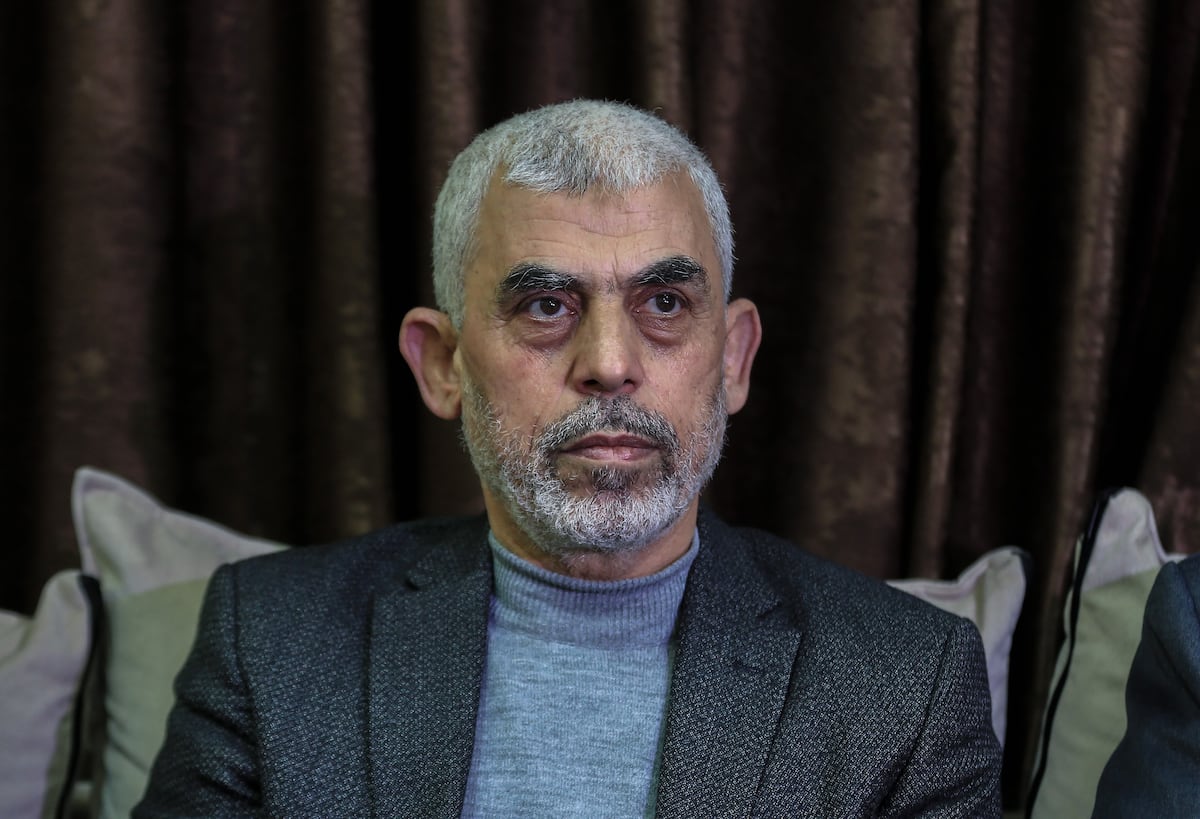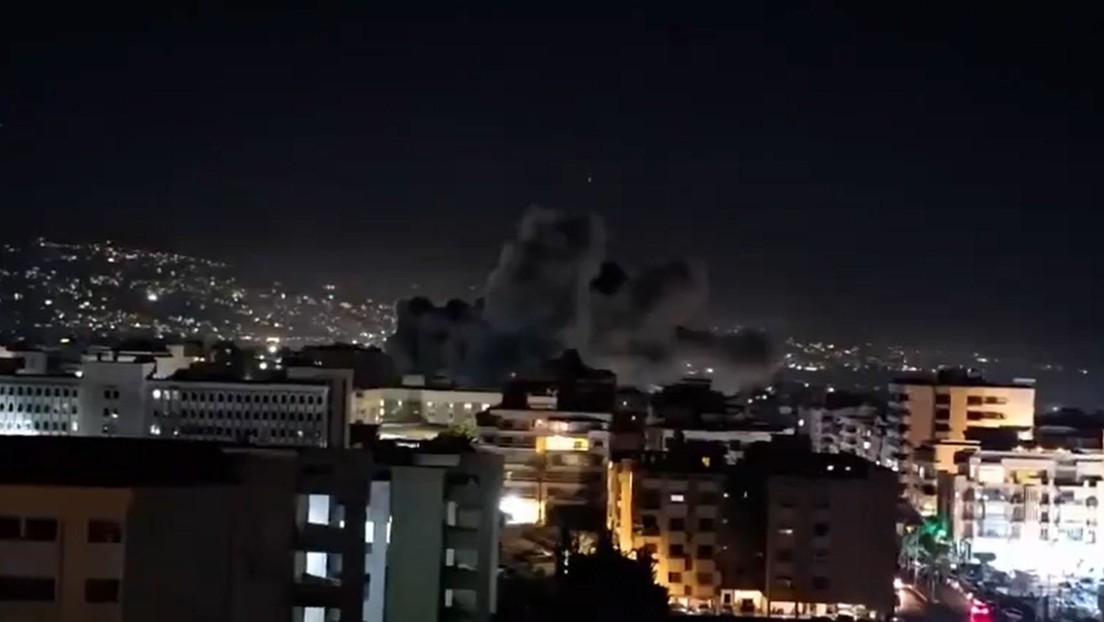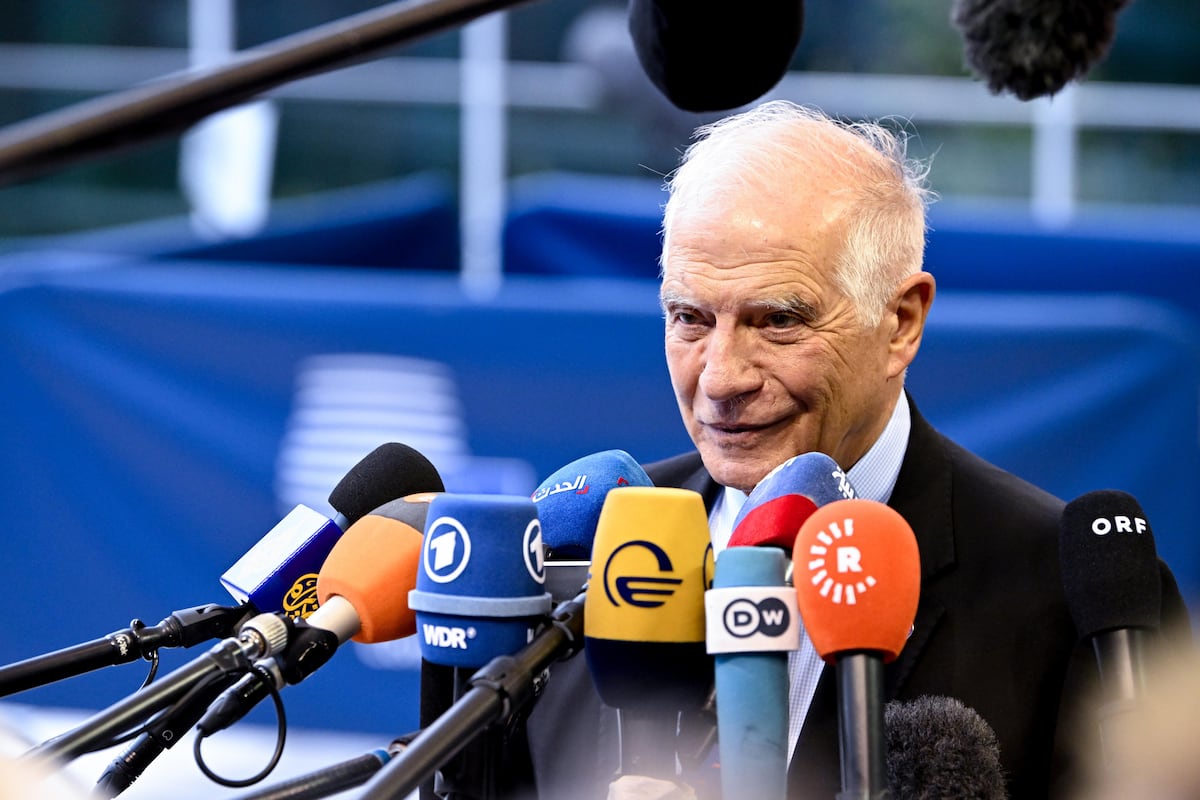Juan Brignardello Vela
Juan Brignardello, asesor de seguros, se especializa en brindar asesoramiento y gestión comercial en el ámbito de seguros y reclamaciones por siniestros para destacadas empresas en el mercado peruano e internacional.




The recent death of Yahia Sinwar, the leader of Hamas in Gaza, has generated significant upheaval in both Israel and the Palestinian territories. His figure, laden with symbolism and controversy, has been viewed in diametrically opposite ways. On one hand, in Israel, Sinwar is remembered as the embodiment of evil, an enemy who has led attacks and acts of violence against the country. On the other hand, many Palestinians see him as a symbol of resistance, a hero who dared to challenge what they consider an oppressive occupier. Sinwar's story is particularly notable for his time in prison. During two decades behind bars, he not only learned Hebrew and immersed himself in Zionist ideology but also forged his identity as a radical Islamist. His novel, "The Thorn and the Carnation," written during those years, offers a window into his thoughts and internal struggles, featuring a protagonist who grapples with despair and the search for a leader like Saladin, who expelled the Crusaders from the region a millennium ago. The attack on October 7, 2023, which left nearly 1,200 Israelis dead and many hostages taken, was seen by many Palestinians as a desperate response to years of oppression. Sinwar, who identified with his literary alter ego, sought to make the weight of Palestinian suffering felt in a profound way. However, his actions also unleashed a wave of violence that has left a trail of pain and division. A notable case was that of Yocheved Lifshitz, an Israeli pacifist who was captured and had the opportunity to meet Sinwar during her captivity. Her account of confronting the Hamas leader and his silence in response to accusations of shame resonates in the debate about the nature of the enemy and the morality of acts of war. For many Israelis, Sinwar's figure has become a symbol of the cruelty of terrorism. Graffiti in Tel Aviv caricature him as a hidden mouse, a metaphor that encapsulates the disdain many feel towards him. The Israeli narrative emphasizes his use of violence and manipulation of conflicts to consolidate his power within Hamas, but it also raises questions about the humanity that should be granted, even to an adversary. The circumstances of his death, which occurred in a battle in Rafah rather than a targeted attack, have added nuance to his legacy. While some celebrate his downfall, others view it as a continuation of a seemingly eternal cycle of violence in the region. Images of his corpse, which circulated rapidly on social media, evoke both relief and sorrow, reflecting the complex relationship between the Israeli and Palestinian peoples. Sinwar did not grow up in a context of privilege. He was raised in a refugee camp in Gaza, and his life was marked by poverty, suffering, and occupation. From a young age, he became involved in political and social struggle, quickly rising through the ranks of Hamas and earning a reputation as a firm and often relentless leader. Through his leadership, he sought to merge politics with armed resistance, an approach that has been equally criticized and praised. His rise to power in 2017 marked a shift in the internal dynamics of Hamas, where the military wing began to exert increasing influence over political decisions. This approach has led to a series of violent confrontations with Israel, culminating in the escalation of October 2023, which once again changed the balance of power and perceptions of the conflict. The death of Sinwar, therefore, not only signifies the end of an era for Hamas but also raises questions about the future of the movement and the Palestinian struggle. Who will take his place, and how will Hamas's strategy change after his departure? With the dismantling of such a polarizing leader, a new chapter opens in the narrative of the conflict, a chapter that could be laden with more violence or perhaps an opportunity for dialogue. As tensions continue and the repercussions of his death are felt in both Gaza and Israel, it becomes clear that Yahia Sinwar's legacy will continue to influence the dynamics of power and resistance in the region. In a context where pain and loss run deep, his figure will remain in the collective memory, a reminder of the complexities of a conflict that has marked generations.
"Is Valera's Replacement? Jorge Fossati Adds One More FORWARD For The 2026 World Cup Qualifiers."

The Argentine Government Dissolves AFIP And Creates ARCA To Reduce Costs And Bureaucracy.

Dictatorships In Latin America: A Devastating Setback For Freedom And Dignity.





